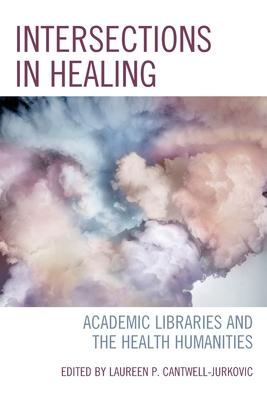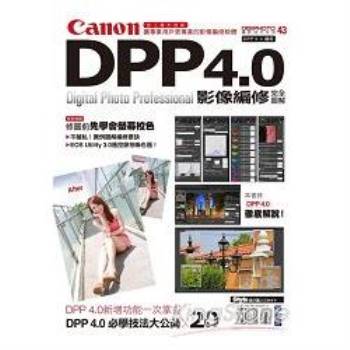Healthcare professionals and health science librarians need to know more than research practices and clinical knowledge to become transformational individuals and leaders in their field. Empathy and compassion; appreciation for the various social and cultural contexts of health, care, and illness; and utilizing the contributions the arts, humanities, and humanistic social sciences can add depth and dimension to their work. While librarians are not usually the healthcare professionals themselves, they serve an important role in the development of healthcare professionals through their work in educational and/or healthcare settings, helping train others in the goals of the curriculum and in lifelong learning-related habits of mind. This book offers librarians an opportunity to learn about and develop approaches to the health humanities, for their benefit and the benefit of their constituents and stakeholders, as well as for impacting the future health care professionals of our global community.
In addition to foundational contents on the history of the health humanities, this book approaches the health humanities from a wealth of angles including archives and special collections, collection development, privacy, biases, empathy, skills development through writing and programming engagement, and through consideration of special populations and more. Beyond essential health humanities grounding and topical perspectives, this book shares valuable pedagogical and instructional approaches and outreach strategies for bringing librarians into conversation with campus departments, curricular pathways, instructors’ goals, and learners’ needs. These modifiable, adaptable techniques will allow readers to develop the confidence and tools they need to bring the health humanities to their institutions, and will help the perspectives and skillsets of the health humanities flourish among the next generation of health care professionals.












